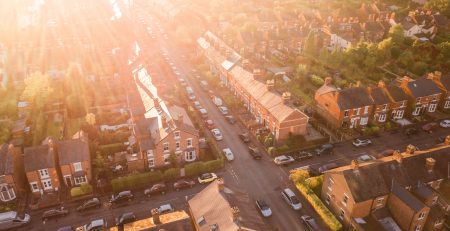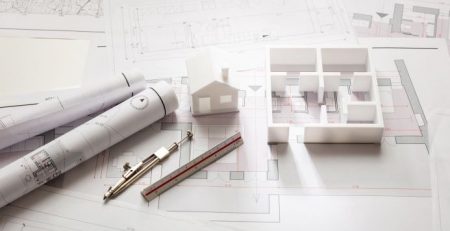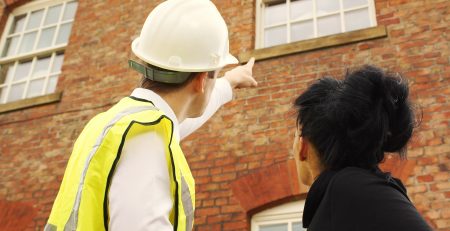Interest Rate Rises and how they Affect House Prices?
Well, currently it may be a little hard to translate how these interest rates are affecting the property market. It tends to take some time for the effects of a higher interest rate to really bed in due to the purchasing behaviours of those buying houses. Why I hear you ask? Well, you don’t exactly pop down to the local shop to buy a house. You will have planned for months if not years for the purchase and more than likely saved up a healthy deposit so a slight hike of 0.25% in the interest rates is hardly going to scare you off making that purchase. Productivity is also vital when assessing interest rates, as if wages go up then you might also see little to no effect.
How interest rates affect property values
Interest rates, especially the rates on interbank exchange effect on the value of income-producing property like on any investment. Because their influence on an individual’s ability to purchase residential properties (by increasing or decreasing the cost of how much the mortgage cant be is so detrimental, many people incorrectly assume that the only deciding factor in the property’s value is the is the current mortgage rate. According to Scott from Home House Buyers “This is incorrect as mortgage rates are only one interest-related factor influencing property values.” Because interest will also affect capital flows, the supply and demand for capital and investors’ required ROI (return on investment), interest rates drive property prices in a variety of ways.
Valuations Fundamentals when understanding interest rates
When understanding how government-influenced interest rates, capital flows, and financing rates affect property values, you should have a basic understanding of the income approach to property values. Although house values are influenced by the supply and demand for properties at any specific time there are other factors such as the replacement cost of developing new properties as well as the income approach for valuation technique for investors. The income approach provided by appraisers of commercial properties and by underwriters and investors of property-backed investments and funds can also be very similar to the discounted cash flow analysis that you might see when looking at equity and bond investments. In simple terms, a valuation starts by forecasting property income. Then, by factoring in all property-level costs, including the financing cost, the analyst arrives at the net operating income, or cash flow remaining, after all, operating expenses.
You need to subtract all capital costs, as well as any investment capital to maintain or repair the property and other non-property-specific expenses from NOI and then you will get the result is the net cash flow. Because properties don’t usually retain cash or have a stated dividend policy, NCF equals cash available to investors and is the same as cash from dividends. This is then used for valuing equity or fixed-income on the investment. By capitalising dividends or by discounting the cash flow stream for any given investment period, the property value can then be determined.
The Bank of England is responsible for raising the UK’s interest rates. The BOE has raised the interest rate twice in a decade. The rate has risen by a quarter of a percentage point (0.5% to 0.75%) – the highest level since March 2009. This is due to be reviewed again on September the 13th 2018 so I’m sure we will all be sat waiting with baited breath to see the outcome.
If you understood all of that then you are smarter than us!
First-time buyers and movers sit tight while homeowners rushed to remortgage ahead of a rate rise
The change in the interest rate is now showing a slight dip in the buying habits of those shopping for a first-time property and also for those thinking of moving, as numbers are starting to fall according to the trade body UK Finance.
The Markets have been showing a year on year decrease with both of the number of those moving and also first-time buyers. This then comes as no surprise that remortgages have gone up over 8 percent with people deciding to stay put. What this tells us is that homeowners are trying to tie in new deals rather relying on what the Bank of England are going to do.
Surprisingly the number of first-time buyers has also fallen by just under 4 percent. Why is this? Are the FTB losing confidence in the market, is there not enough supply to meet demand or is it just a case that the banks are becoming more stringent on their lending? Time will tell.
House price growth slows to its lowest rate in five years as property market cools – but new-build prices soar
Also, besides the rise in interest rates and the dip in FTB purchasing there is also some bad news on the growth in house prices. According to the UK latest government figures we have seen the lowest rate of growth within five years.
Average house prices in the UK have increased slightly by 3 percent in the year to June but this is still the slowest rate since August 2013, according to data from the Office of National Statistics.
Average house prices in the UK were unchanged between May 2018 and June 2018, compared with an increase of 0.5 percent in average prices during the same period a year earlier, is this down to the interest rate rise? We think so.








